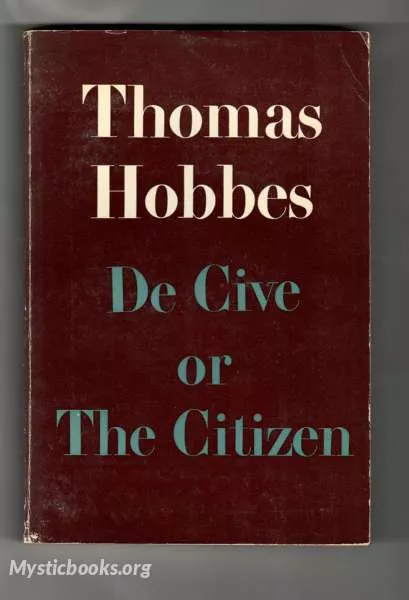
Philosophical Rudiments Concerning Government and Society, De Cive
'Philosophical Rudiments Concerning Government and Society, De Cive' Summary
De Cive is the first of a trilogy of works written by Hobbes dealing with human knowledge, the other two works in the trilogy being De Corpore ("On the body"), published in 1655 and De Homine ("On man"), published in 1658. Because of the political turmoil of the time, namely the unrest leading up to the Civil War of 1642, Hobbes hastily "ripened and plucked" the work which would systematically come last: De Cive. This work comprises three parts: Libertas (liberty), Imperium (dominion), and Religio (religion). In the first part, he describes man's natural condition, dealing with the natural laws; in the second, the necessity of establishing a stable government is indicated. Finally, in the third part, he writes about religion.
Book Details
Language
EnglishOriginal Language
LatinPublished In
1642Authors

Thomas Hobbes
England
Thomas Hobbes was an English philosopher, considered to be one of the founders of modern political philosophy. Hobbes is best known for his 1651 book Leviathan, in which he expounds an influential for...
Books by Thomas HobbesDownload eBooks
Listen/Download Audiobook
- Select Speed
Related books
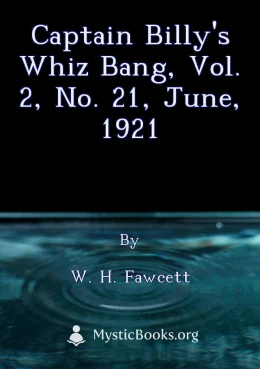
Captain Billy's Whiz Bang, Vol. 2, No. 21, June, 1921 by W. H. Fawcett
This issue of "Captain Billy's Whiz Bang" is a representative example of the popular humor magazine published in the early 20th century. It features a...
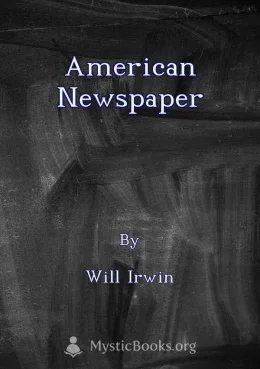
American Newspaper by Will Irwin
In "The American Newspaper," Will Irwin presents a critical examination of journalism at the turn of the 20th century. He analyzes the origins, purpos...
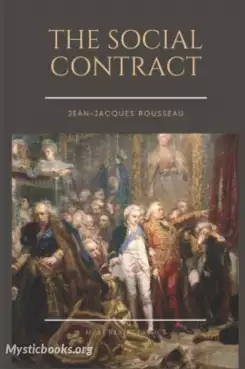
The Social Contract by Jean-Jacques Rousseau
The Social Contract, originally published as On the Social Contract; or, Principles of Political Right by Jean-Jacques Rousseau, is a 1762 book in whi...

The Works of the Right Honourable Edmund Burke, Vol. 01 by Edmund Burke
Edmund Burke was an Irish statesman, economist, and philosopher. Born in Dublin, he moved to London in 1750 and later served as a member of parliament...

vie des abeilles by Maurice Maeterlinck
Maurice Maeterlinck's *Vie des Abeilles* is a fascinating exploration of the intricate world of bees. Combining scientific observation with philosoph...
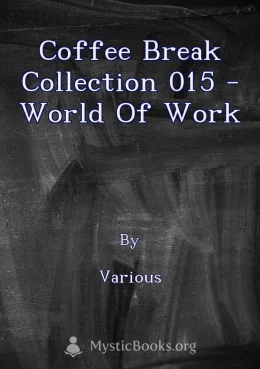
Coffee Break Collection 015 - World of Work by Various
This audiobook collection explores the world of work through a series of short stories and essays from the public domain. The stories range in length...
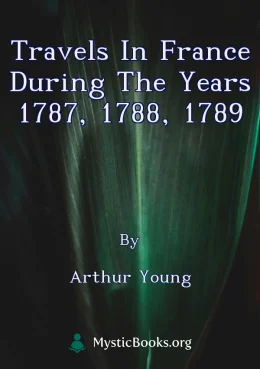
Travels in France During the Years 1787, 1788, 1789 by Arthur Young
Arthur Young's "Travels in France" offers a unique perspective on the French Revolution through the lens of an English agriculturalist. Young's journ...

Miniaturen by Carl Hauptmann
Miniaturen by Carl Hauptmann is a collection of short essays and observations on life, society, and the human condition. Written in a concise and evoc...

Hellenic History by George Willis Botsford
This comprehensive textbook presents a concise overview of the development of Greek civilization, examining its political, economic, social, and cultu...

Leben der Bienen by Maurice Maeterlinck
In "Leben der Bienen", Maurice Maeterlinck erforscht die faszinierende Welt der Bienen und deren komplexen Lebensweise. Mit akribischer Beobachtung un...
Reviews for Philosophical Rudiments Concerning Government and Society, De Cive
No reviews posted or approved, yet...